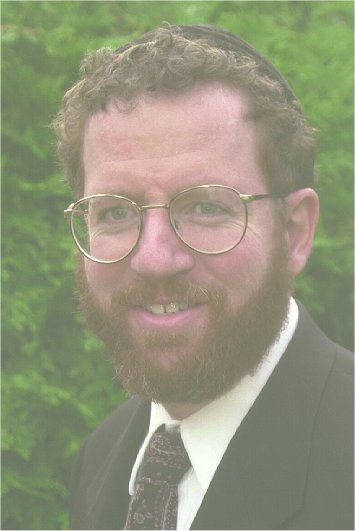 Let us welcome Rabbi David Kastor. He is deaf, resides in Maryland. He re¬ceived his Rabbinic semicha (degree) from Ner Yisrael Rabbicial College in Baltimore specializ¬ing in general Torah issues. He is married to Tchia and they have 4 children, Odeya, Binyamin, Shifra and Bracha. Rabbi David will be happy to answer any questions relating to Judaism that you may have. His email address is [email protected]. He will also do Introduction to Judaism 101 column.
Let us welcome Rabbi David Kastor. He is deaf, resides in Maryland. He re¬ceived his Rabbinic semicha (degree) from Ner Yisrael Rabbicial College in Baltimore specializ¬ing in general Torah issues. He is married to Tchia and they have 4 children, Odeya, Binyamin, Shifra and Bracha. Rabbi David will be happy to answer any questions relating to Judaism that you may have. His email address is [email protected]. He will also do Introduction to Judaism 101 column.
Dear Sharon,
I read JDCC News (Issue #57) about chometz stuff on Passover traditions. I am amazed to learn about clothes that needs to be checked out along with furniture, toys, books, shampoos and cosmetics. Yes I know about other products have to be cleaned up and put another dishes and pots for preparation on Passover.
I would like to know, if a person who passes away during Passover, can they be buried on the First and Second Day of Passover? What about the last two days of Passover? The reason I am asking is because actor Milton Berle (Comedian) died on March 27th Wednesday and was buried on April 1 st Monday during Passover. Shalom Ruth Morris – Los Angeles, CA
Hi Ruth, You bring up a good question!
According to the Talmud, a non-Jew can bury on the first day of Yom Tov (Jewish holiday). In that case, the Jews may only watch the proceedings, if they take place within the legal Jewish boundary of the city. On the second day of Yom Tov in the Diaspora even a Jew may bury the dead. But he may do only that which is directly related to the burial. i.e., he may walk outside the legal boundary of the city, but he may not drive a car there. Although that is the law according to the Talmud, nowadays the custom is to delay the burial until after Yom Tov. Rabbi Moshe Feinstein gives 2 reasons. 1) We have dry ice to prevent decomposition. 2) People are more unlearned and we are concerned that they will drive, make phone calls, etc.
Any Questions To Ask Rabbi David???




